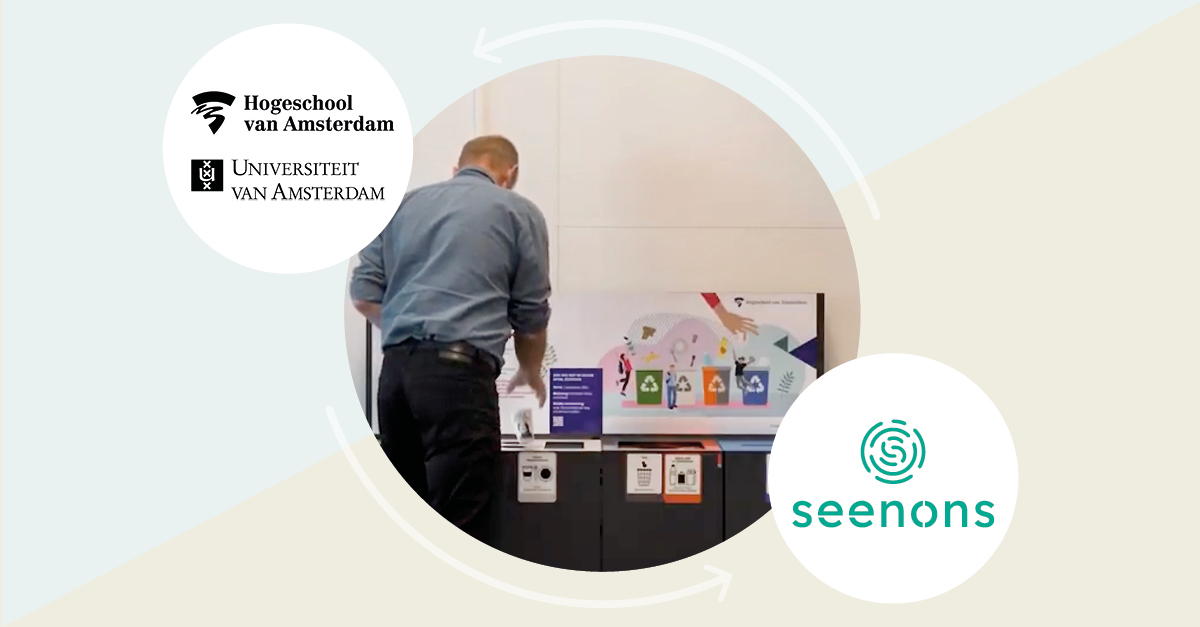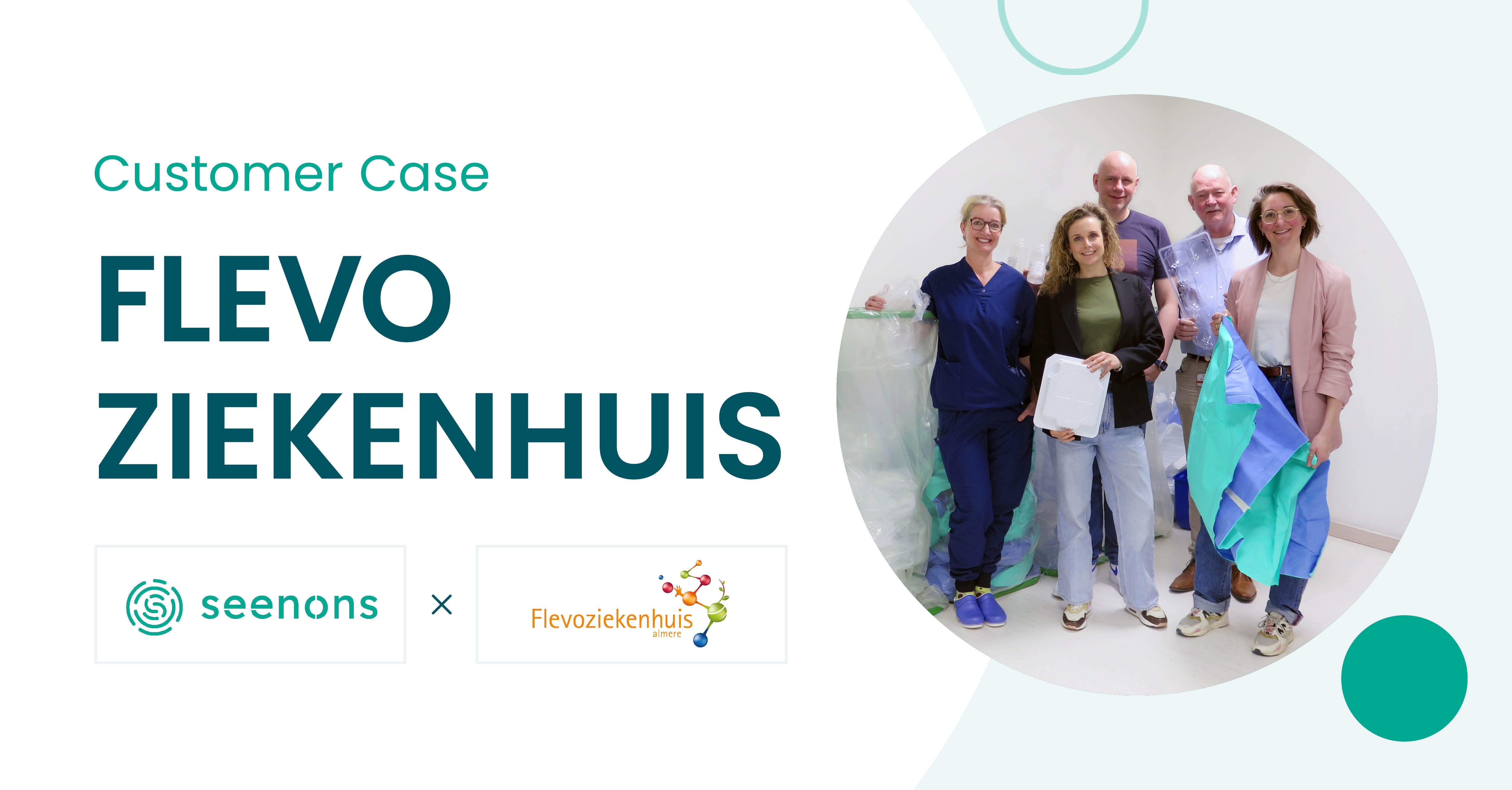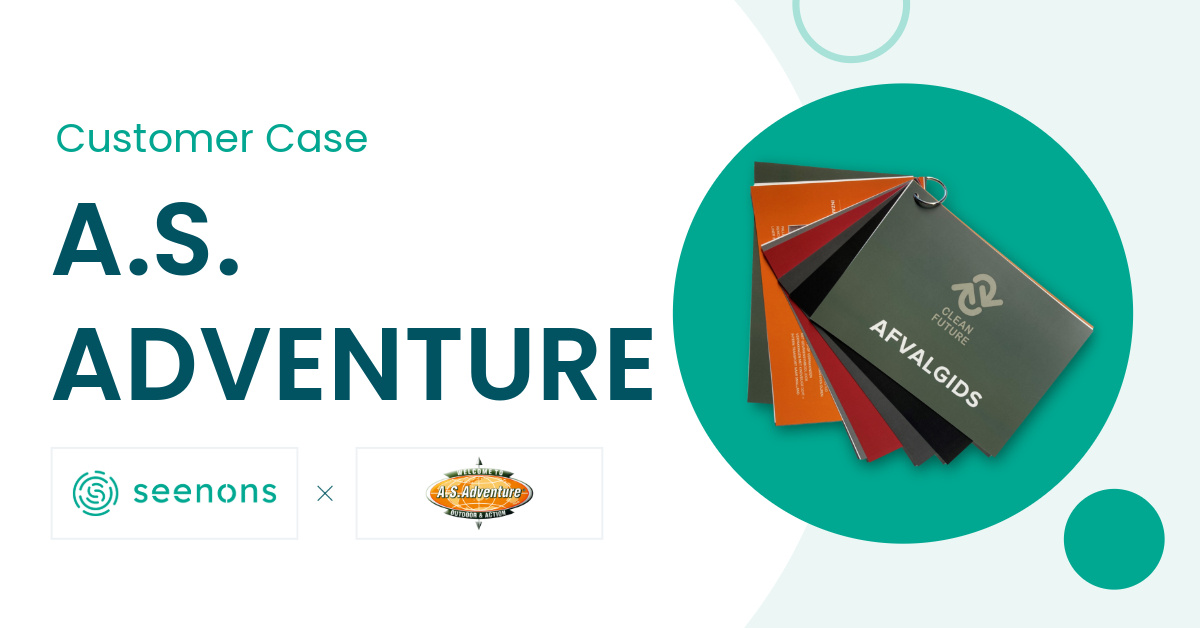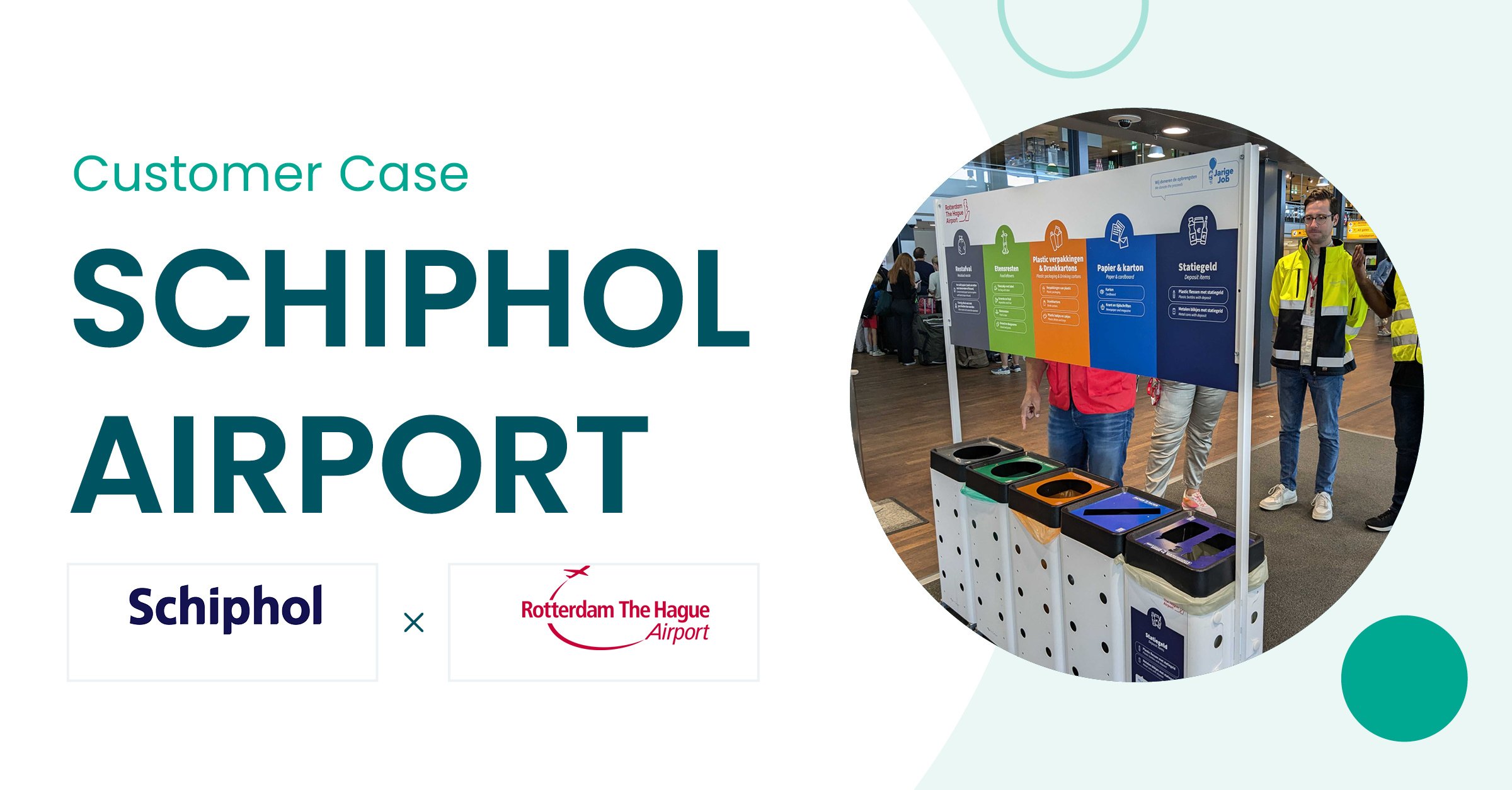Seenons X UvA-HvA: 540.000 kilo minder afval en 70% recycling in 2026
In september 2022 begonnen de Universiteit van Amsterdam (UvA) en het College van Amsterdam (HvA) aan hun ambitieuze reis op weg naar een circulaire economie en het verminderen van afval in hun instellingen. Samen met ons zetten ze zich in voor duurzaamheid. We willen aan de ene kant het afval aanzienlijk minimaliseren, terwijl we tegelijkertijd de recyclinginspanningen maximaliseren.
Het doel? 33% minder afval en 70% recycling in 2026
De uitdaging: van afval naar grondstof
Uit het grondstoffenonderzoek blijkt dat er op het gebied van afval scheiden en verwerken een hoop winst te behalen valt voor de UvA en HvA. Van het totaal van 1.647.000 kilo afval werd 11% gerecycled (2021*). Oftewel, er belandt veel afval op één hoop dat vervolgens wordt verbrand. Op basis van dit inzicht is er een visieplan ‘Van afval naar grondstof’ opgesteld**. Binnen dit plan vormen twee scherpe doelen de leidraad:
- 33% afvalreductie in 2026 door inkoopkeuzes en herbruikbare verpakkingen. Dat is circa 540.000 kilo minder afval
- 70% afvalrecycling van het resterende afval in 2026 tot grondstoffen voor nieuwe producten (dit was 11% in 2021*)
De oplossing -een nieuw afvalbeleid
Om de ambitieuze doelen te behalen is er een nieuw afvalbeleid opgesteld. Dit bestaat uit het verminderen, scheiden en met name het gescheiden verwerken van het afval.
Voor de uitvoering van dit plan zochten UvA en HvA een betrouwbare partner. Via een rigoureus inkoopproces kozen zij voor Seenons. We zijn verantwoordelijk voor het inzamelen, verwerken en recyclen van het afval van de instellingen.
Hoe we dit hebben aangepakt? In alle gebouwen zijn naar schatting 20.000 kleine prullen- en papierbakken vervangen door 800 afvalstations, waar het afval gescheiden wordt in vier verschillende stromen:
- GFT
- bekers + eetservies
- PMD + restafval
- papier
Scheiden gebeurt voortaan zoveel mogelijk zonder plastic afvalzakken. Dat betekent dat HvA en UvA streven naar 75% minder gebruik van plastic afvalzakken.
Voor de oude prullenbakken is er ook een mooie oplossing bedacht. Ze zijn gerecycled tot een nieuw product: een achterwand bij de 4 nieuwe afvalbakken.
Hoe kregen we iedereen mee?
Uniek en tegelijkertijd cruciaal binnen dit initiatief is om alle betrokkenen mee te krijgen: werknemers, studenten, bezoekers en externe partners.
Om iedereen te enthousiastmeren hebben we de campagne 'Maak je afval bruikbaar' gelanceerd, waarbij iedereen werd aangespoord om zijn afval zorgvuldig te scheiden en de waarde van afval als waardevolle grondstof voor nieuwe producten te erkennen. Degenen die aan het eind van het jaar met succes deelnamen aan de "test" van de campagne en deze met goed gevolg aflegden, kregen de onderscheiding "recyclingexpert".
"Een kleine investering in tijd, met een enorme impact op de toekomst"
– Bert Zwiep, directeur Facility Services HvA en UvA
Conclusie
Onze samenwerking is een belangrijke stap in het bereiken van een circulaire economie en het verminderen van afval binnen onderwijsinstellingen. Door het actief betrekken van alle stakeholders en het implementeren van innovatief afvalmanagement willen we een voorbeeld zijn voor andere organisaties en collectief werken aan een afvalvrije wereld.


.png?width=245&name=Jolijn%20(1).png)


